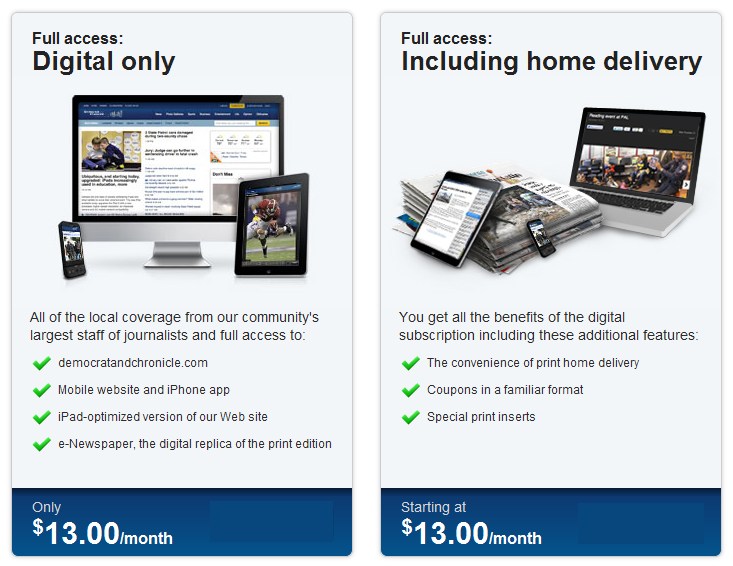Broadband’s perceived negative impact on print publications is not just a North American phenomena. In Great Britain, the legendary left-leaning national newspaper the Guardian is pondering its future as the UK heads towards a digital online future.
David Leigh is the Guardian’s investigations executive editor:
Having survived more than 40 years at the coalface of British journalism (longer than a term of service in the ancient Roman army), I have been feeling a bit depressed lately by the insistent predictions of media pundits that the Internet is killing off quality newspapers. There are very few people in the trade who are prepared to bet that all our daily papers will still be publishing newsprint copies in five years’ time.
According to conventional wisdom, print is doomed. Circulations are collapsing because readers can get everything they want on the Internet. Not only do those readers dislike the idea of paying to read online, but the existence, among other sites, of the rival licence-fee-payer-funded BBC website guarantees that they will never actually need to pay for a supply of reliable day-to-day news. Paywalls will never really work in a UK context for that reason.
Yet when the day comes that the newspapers are forced to stop printing altogether, it will be a disaster for democracy. The lean pickings from web advertising on a free newspaper site will only pay for a fraction of the high-quality investigative journalism that commercial newspapers generate. We’ll just get the timid BBC on the one hand, and superficial junk on the other.
 Leigh is convinced the British public will never pay for online news, but the newspaper industry might survive if broadband users are compelled to cough up, with a new surcharge on Internet access bills amounting to no more than £2 ($3.23US) a month, distributed to news providers in proportion to their UK online readership.
Leigh is convinced the British public will never pay for online news, but the newspaper industry might survive if broadband users are compelled to cough up, with a new surcharge on Internet access bills amounting to no more than £2 ($3.23US) a month, distributed to news providers in proportion to their UK online readership.
The new surcharge would raise at least £500 million annually — a “transformative” amount of money for the ailing print press, according to Leigh.
Those papers already behind an online paywall would receive substantially less from the fund — an incentive to keep online access to news free and open, albeit not monetarily free for UK readers.
The openly self-interested Guardian Media Group would receive in the region of 20% of the cash – £100m a year from the proposed fund.
Leigh defends the new tax in the context of other European countries. Nordic newspapers, for example, receive a direct government subsidy to help keep the presses rolling.
Such a proposal in North America would likely cause a forest fire of controversy, but a large number of avid Guardian readers are having none of it either.
“You’ve got a cheek,” exclaims Elliot Mills. “What about people who don’t read newspapers online and yet would be paying money to the likes of [Rupert] Murdoch if this ridiculous idea came about.”
“A £2-a-month levy on automobiles could save our horse and cart business,” quips Roman David.
“This has got to be one of the most stupidly selfish articles I’ve read for a long time,” shared Mark. “And, for the Guardian, that takes some doing. Why on earth should the customers of a successful business be forced to subsidize a failing and outdated one?”
Even fellow journalists seem skeptical.
“I’ve been a journalist for 38 years, and I have to tell you – this is a stupid idea,” writes Terry Collmann. “Why should the Internet-using public have to pay for newspaper managements’ failure to set up a workable economic model for the post-newsprint world? It’s like advocating a tax on cars to subsidize horse-drawn hackney cabs and omnibuses. If newspapers can’t make themselves pay, they don’t deserve to survive.”
In North America, many newspaper chains are erecting paywalls to promote new subscription models. Gannett newspapers, for example, provide a limited number of free articles before a reader is prompted to subscribe to the online edition. Print subscribers get free, unlimited access.
The question is whether readers confronted with a paywall will simply take their news reading elsewhere, or will they value the content sufficiently to subscribe to maintain access. Leigh’s proposal would avoid pondering that altogether with a compulsory license fee similar to what UK residents already pay for the BBC.


 Subscribe
Subscribe

